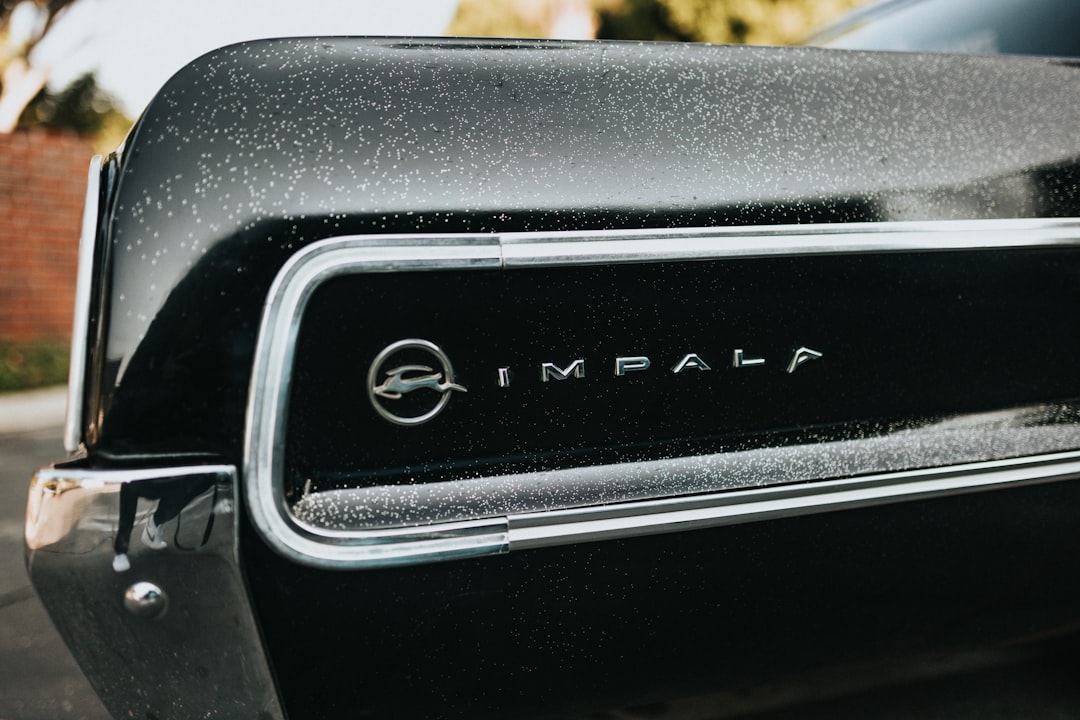The Fourth Amendment of the United States Constitution protects citizens from unreasonable searches and seizures. This means that law enforcement officers cannot search a person’s property without a warrant or probable cause. However, there are certain circumstances where police may be able to search a person’s car without a warrant. In this article, we will explore the concept of probable cause and the circumstances in which police can search a car without a warrant.
What is Probable Cause?
Probable cause is a legal standard that refers to the reasonable belief that a crime has been committed or is about to be committed. It is based on facts and circumstances that would lead a reasonable person to believe that a search or seizure is necessary. In order for a search to be considered legal, there must be probable cause.
How is Probable Cause Determined?
Probable cause is determined by a judge or magistrate based on the information presented by law enforcement officers. This information can include witness statements, physical evidence, and the officer’s own observations. The judge or magistrate must determine if the information provided is enough to establish probable cause.
Can Probable Cause Be Established Without a Warrant?
Yes, probable cause can be established without a warrant. In some cases, law enforcement officers may have enough evidence to establish probable cause without a warrant. This can happen during a routine traffic stop or during an investigation of a suspected crime.
When Can Police Search Your Car Without a Warrant?
There are certain circumstances where police can search a car without a warrant. These include:
Consent to Search
If a person gives consent to a search, police can search their car without a warrant. It is important to note that consent must be given voluntarily and without coercion. If a person feels pressured or forced to give consent, the search may be considered illegal.
Plain View Doctrine
The plain view doctrine allows police to search a car without a warrant if they see evidence of a crime in plain view. For example, if an officer pulls over a car for a traffic violation and sees a bag of drugs on the passenger seat, they may be able to search the car without a warrant.
Search Incident to Arrest
If a person is lawfully arrested, police can search their car without a warrant. This is known as a search incident to arrest. The purpose of this type of search is to ensure the safety of the officer and to prevent the destruction of evidence.
Exigent Circumstances
Exigent circumstances refer to situations where there is an immediate threat to public safety or the destruction of evidence. In these situations, police may be able to search a car without a warrant. For example, if an officer sees a person throwing drugs out of their car window, they may be able to search the car without a warrant.
Automobile Exception
The automobile exception allows police to search a car without a warrant if they have probable cause to believe that the car contains evidence of a crime. This exception is based on the idea that cars are mobile and can easily be moved, making it difficult to obtain a warrant in a timely manner.
What Happens if Police Search Your Car Without a Warrant?
If police search your car without a warrant and without your consent, any evidence found during the search may be considered inadmissible in court. This means that it cannot be used against you in a criminal trial. However, there are some exceptions to this rule.
Good Faith Exception
The good faith exception allows evidence to be used in court if the officer believed they were acting within the law when they conducted the search. This means that if the officer had a reasonable belief that they had probable cause to search the car, the evidence may still be admissible.
Inevitable Discovery Doctrine
The inevitable discovery doctrine allows evidence to be used in court if it would have been discovered through legal means. For example, if an officer illegally searched a car but later obtained a warrant to search the car, any evidence found during the legal search may still be admissible.
How Can You Protect Your Rights During a Car Search?
If you are pulled over by police and they ask to search your car, you have the right to refuse the search. It is important to remember that you do not have to consent to a search, even if you have nothing to hide. If you do not give consent, the officer will need to establish probable cause in order to search your car without a warrant.
Remain Calm and Polite
If you are pulled over by police, it is important to remain calm and polite. Do not argue with the officer or become confrontational. This can escalate the situation and may lead to a search being conducted without your consent.
Ask if You Are Free to Leave
If you are pulled over by police and they ask to search your car, you have the right to ask if you are free to leave. If the officer says yes, you can leave and the search will not be conducted. If the officer says no, they may have probable cause to search your car without a warrant.
Document the Search
If police do search your car, it is important to document the search. This can include taking notes, recording the interaction, or taking photos or videos. This can be useful if you need to challenge the legality of the search in court.
Conclusion
In conclusion, police can search your car without a warrant in certain circumstances, such as with your consent or if they have probable cause. It is important to know your rights and to remain calm and polite during any interaction with law enforcement. If you believe your rights have been violated during a car search, it is important to seek legal advice from a qualified attorney.
For more information, visit ApzoMedia


































































